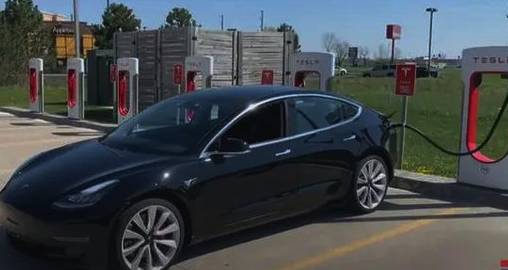Why is Elon Musk so friendly to China? Elon Musk’s interactions with China and the Chinese government are complex and multifaceted, and it would be an oversimplification to say that he is universally “friendly” to China. Musk’s approach to China can be understood through several factors:
Market Opportunity:
China is the world’s largest electric vehicle (EV) market, and Tesla, of which Musk is the CEO, has a significant presence there. Musk has recognized the immense market potential in China for Tesla’s electric cars, which has driven the company to invest in expanding its presence in the country.
Manufacturing and Investment:
Tesla has established a Gigafactory in Shanghai, China, which plays a crucial role in Tesla’s global production and sales strategy. This factory allows Tesla to produce and sell cars in China at a lower cost, avoiding import tariffs and reducing manufacturing expenses. Musk’s collaboration with Chinese authorities in setting up this factory demonstrates his willingness to work within China’s regulatory framework to achieve his business objectives.
Diplomacy and Pragmatism:
Like many business leaders, Musk recognizes the importance of diplomacy and maintaining good relations with Chinese officials, as they can have a significant impact on Tesla’s operations in the country. Musk’s approach may be seen as pragmatic, as he seeks to navigate the regulatory and political landscape in China effectively.
Environmental Initiatives:
Elon Musk and Tesla are proponents of clean energy and sustainability. China has been making substantial investments in electric vehicles and renewable energy, aligning with Musk’s goals and interests. Collaborating with China can help advance Tesla’s mission of accelerating the world’s transition to sustainable energy.
However, it’s important to note that Musk has also been critical of certain aspects of China’s regulatory environment and practices, including intellectual property concerns and market access restrictions. Additionally, geopolitical tensions between China and the United States may affect Musk’s stance on China-related issues in the future.
In summary, Musk’s interactions with China can be attributed to a combination of business opportunities, pragmatism, and shared interests in environmental sustainability. His approach is influenced by the complexities of the global business landscape and the need to navigate the Chinese market effectively.


